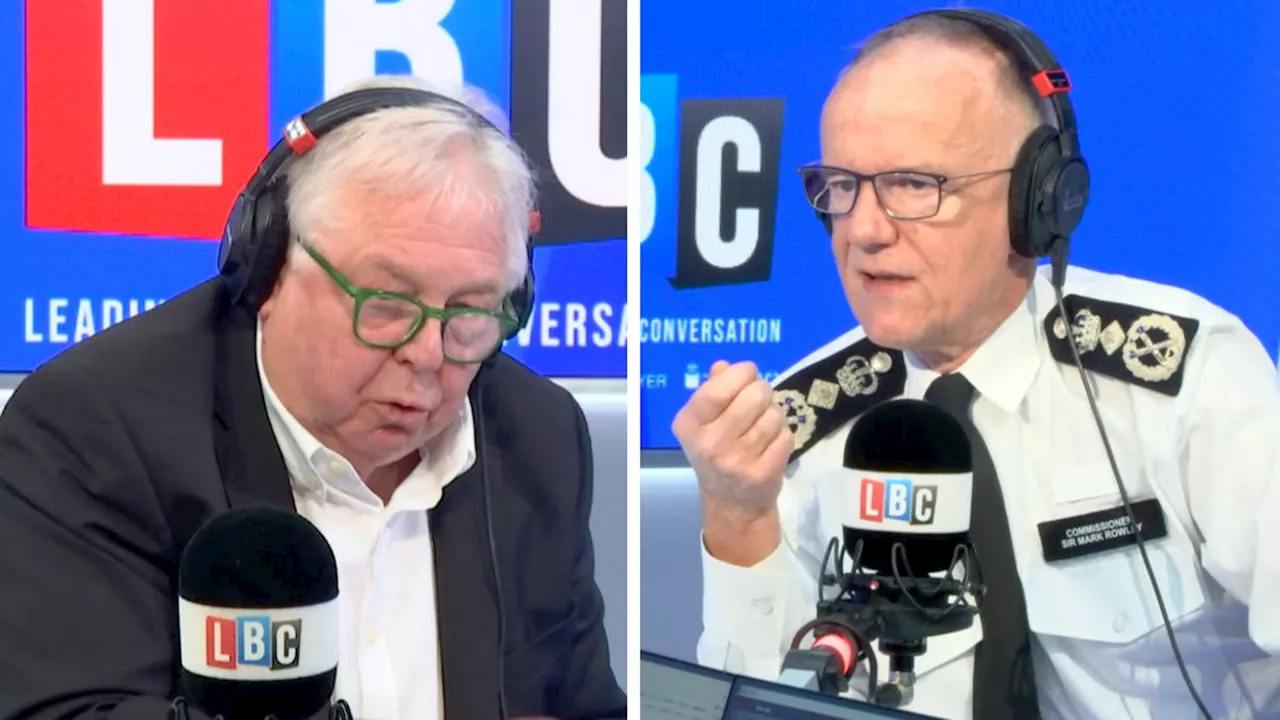Metropolitan Police chief Sir Mark Rowley stated that the Southport attack, which resulted in the deaths of three young girls, was not classified as terrorism. While acknowledging the need for legal evolution to address modern crime, Rowley highlighted the limitations imposed by contempt of court laws that prevented police from sharing more information during the investigation. He admitted that the system 'failed' in this case, despite the Prevent program's efforts. Rowley emphasized the need for changes to allow for earlier information sharing in similar situations.
Metropolitan Police chief Sir Mark Rowley has told LBC that the Southport attack which claimed the lives of three young girls was "not an act of terrorism". Speaking with Nick Ferrari at Breakfast, Sir Mark Rowley was asked to clarify whether the stabbing, which left three dead and 10 injured, was classed as an act of terrorism, with Sir Mark Rowley admitting: “Not on the law as it is today, no.
"Asked by Nick whether anti-extremism organisation Prevent was fit for purpose, the commissioner said: “Lots of people looked at him and weren’t able to get their hands round him.”“The Prevent programme does lots of good work," he insisted, admitting: the "the system has failed".“The Prevent officers didn’t feel this was a case for them. The system has failed,” he told LBC.“We are never going to stop every young violent man.
SOUTHPORT ATTACK TERRORISM LEGAL CHANGES PREVENT PROGRAM POLICE TRANSPARENCY
United Kingdom Latest News, United Kingdom Headlines
Similar News:You can also read news stories similar to this one that we have collected from other news sources.
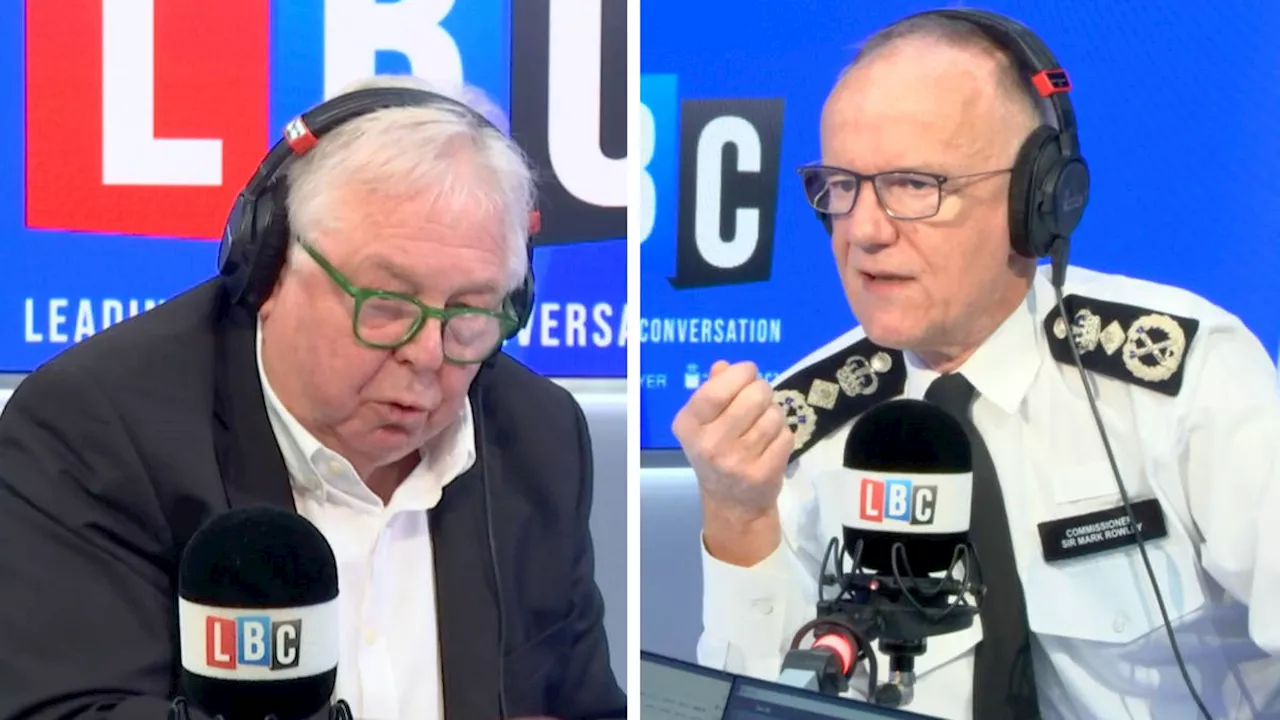 Southport attack was ‘not an act of terrorism,’ Met chief Sir Mark Rowley tells LBCMetropolitan Police chief Sir Mark Rowley has told LBC that the Southport attack that claimed the lives of three young girls was ‘not an act of terrorism’.
Southport attack was ‘not an act of terrorism,’ Met chief Sir Mark Rowley tells LBCMetropolitan Police chief Sir Mark Rowley has told LBC that the Southport attack that claimed the lives of three young girls was ‘not an act of terrorism’.
Read more »
 Keir Starmer warns of 'new type' of terrorism threat from 'loners' after Southport attackSir Keir Starmer has described the Southport attack as a 'devastating moment' and warned of a new type of terrorism threat from 'loners'. Speaking at a press conference in Downing Street, he said the case is a sign that Britain now faces a new threat, with acts of extreme violence perpetrated by individuals inspired by online material, seeking notoriety.
Keir Starmer warns of 'new type' of terrorism threat from 'loners' after Southport attackSir Keir Starmer has described the Southport attack as a 'devastating moment' and warned of a new type of terrorism threat from 'loners'. Speaking at a press conference in Downing Street, he said the case is a sign that Britain now faces a new threat, with acts of extreme violence perpetrated by individuals inspired by online material, seeking notoriety.
Read more »
 'Terrorism has changed': Southport knife attack a sign the country faces a new threat, PM saysAxel Rudakubana unexpectedly pleaded guilty to the murder of three little girls in Southport last summer, at what was meant to be the beginning of his trial.
'Terrorism has changed': Southport knife attack a sign the country faces a new threat, PM saysAxel Rudakubana unexpectedly pleaded guilty to the murder of three little girls in Southport last summer, at what was meant to be the beginning of his trial.
Read more »
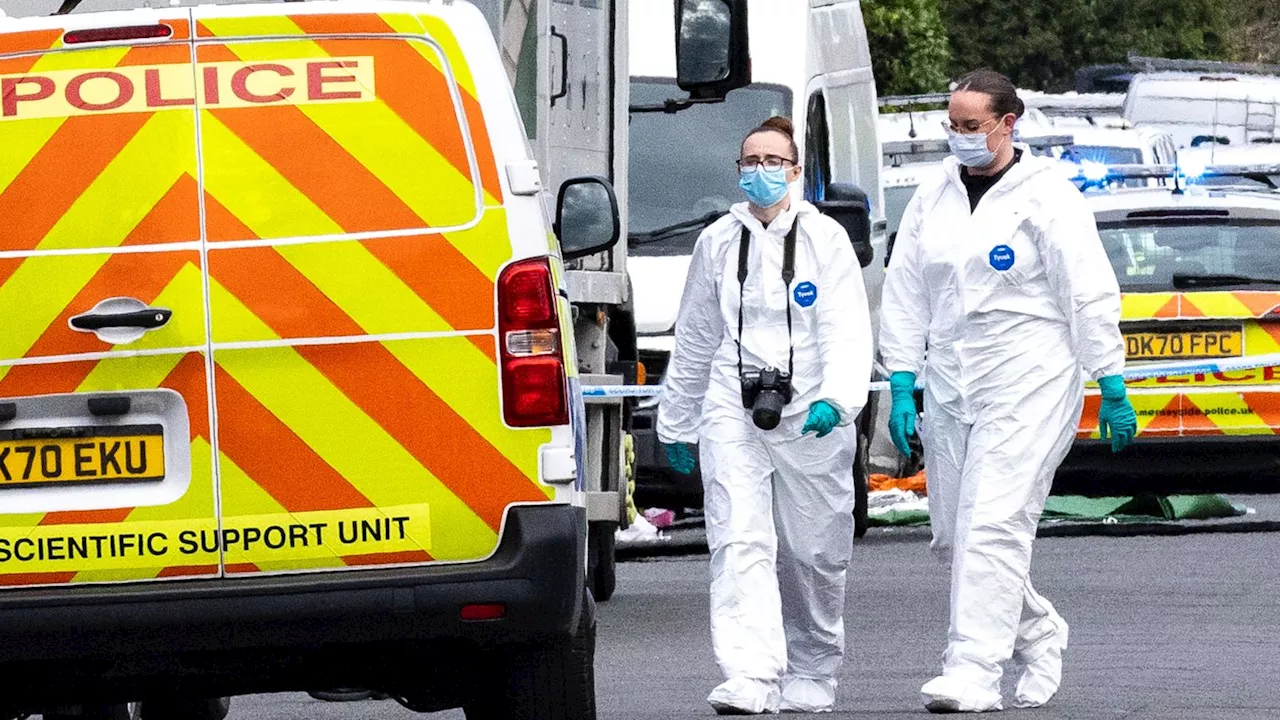 Southport Attack: Terrorism Laws Under Scrutiny as Public Questions Official NarrativeThe Southport attack, where Axel Rudakubana killed a man, has sparked debate about the definition of terrorism and the government's anti-extremism efforts. While Prime Minister Sir Keir Starmer labelled the attack as intended to terrorise, it wasn't officially classified as such due to the lack of a clear motive. Rudakubana admitted to possessing a terrorist training manual but this alone wasn't deemed sufficient to classify it as terrorism. This has led to public confusion and accusations of a cover-up by the government, particularly regarding the failure of the Prevent scheme to identify Rudakubana as a potential threat.
Southport Attack: Terrorism Laws Under Scrutiny as Public Questions Official NarrativeThe Southport attack, where Axel Rudakubana killed a man, has sparked debate about the definition of terrorism and the government's anti-extremism efforts. While Prime Minister Sir Keir Starmer labelled the attack as intended to terrorise, it wasn't officially classified as such due to the lack of a clear motive. Rudakubana admitted to possessing a terrorist training manual but this alone wasn't deemed sufficient to classify it as terrorism. This has led to public confusion and accusations of a cover-up by the government, particularly regarding the failure of the Prevent scheme to identify Rudakubana as a potential threat.
Read more »
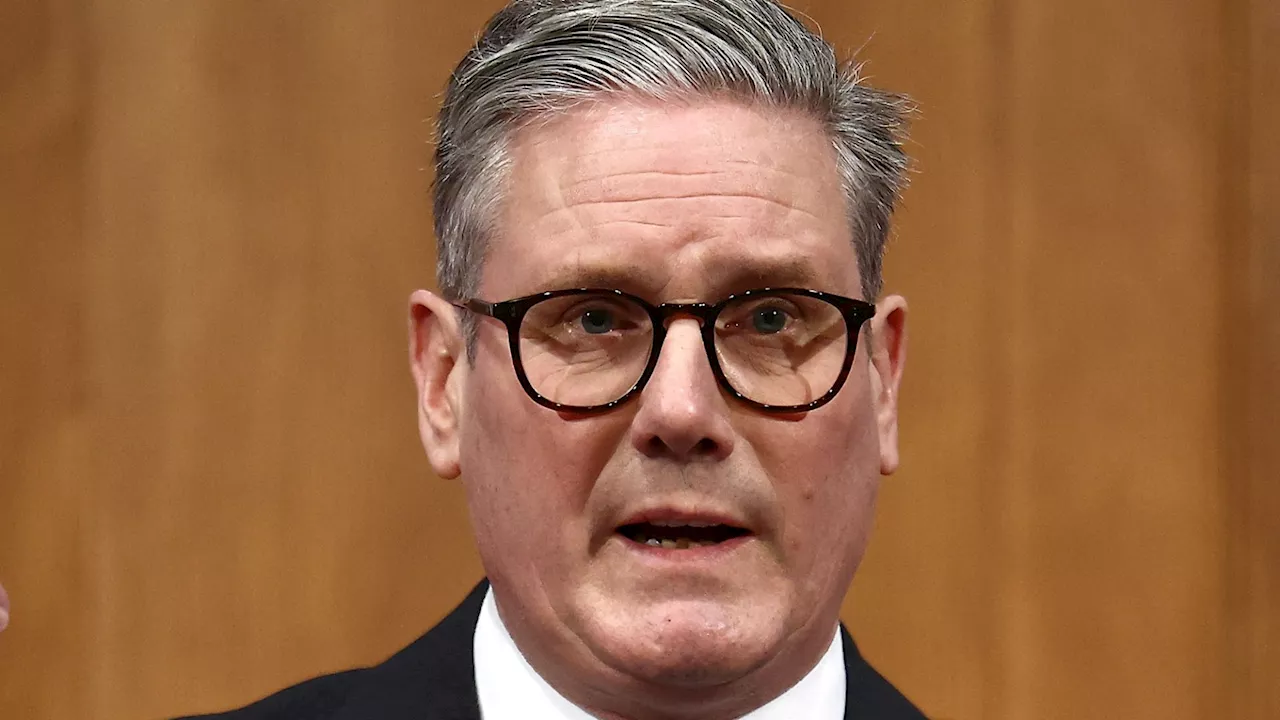 Southport Schoolgirls Murders: Inquiry Exposes State Failings in Combating TerrorismAn inquiry into the murders of three schoolgirls in Southport has revealed disturbing failures by the state in tackling terrorism. The killings, initially downplayed and not treated as terrorism, highlight a worrying trend of authorities overlooking potential threats to avoid accusations of racism or Islamophobia.
Southport Schoolgirls Murders: Inquiry Exposes State Failings in Combating TerrorismAn inquiry into the murders of three schoolgirls in Southport has revealed disturbing failures by the state in tackling terrorism. The killings, initially downplayed and not treated as terrorism, highlight a worrying trend of authorities overlooking potential threats to avoid accusations of racism or Islamophobia.
Read more »
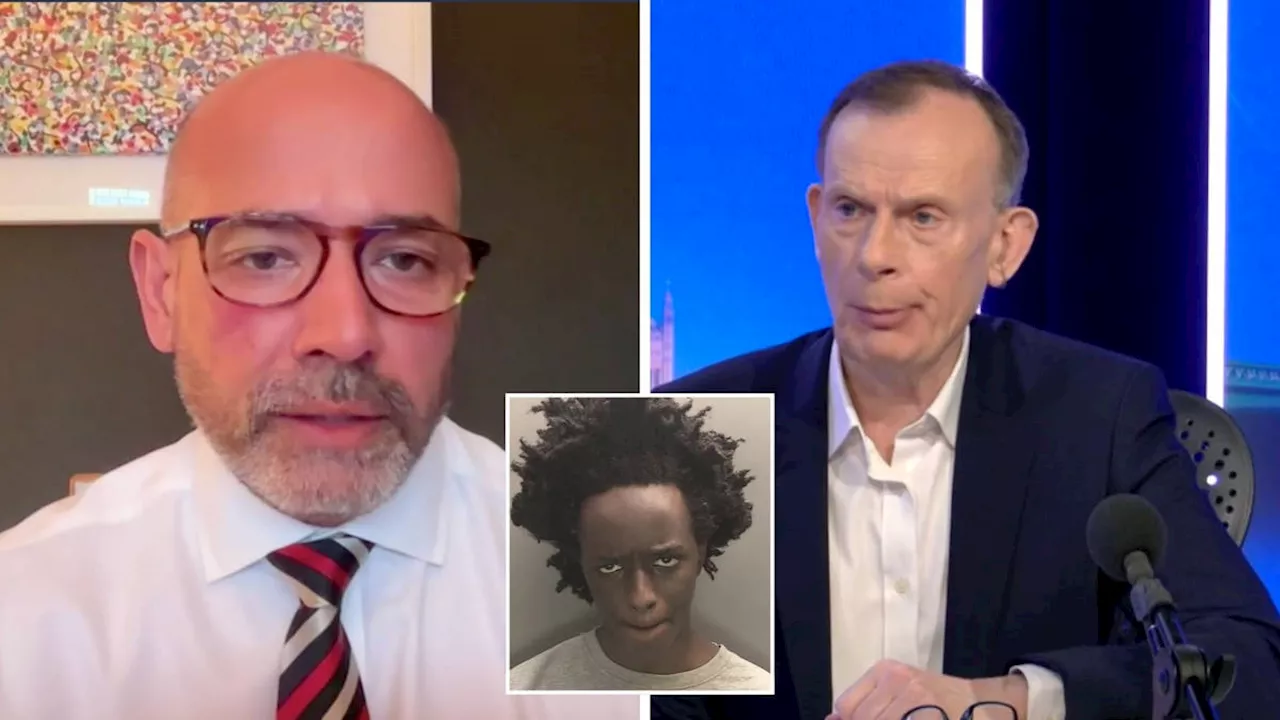 Southport Killer Not a Terrorist, Says Former Met Counter Terrorism ChiefNeil Basu argues that individuals like Axel Rudakabana, convicted of murder and terror-related charges, are not terrorists and that labelling them as such could be counterproductive. He emphasizes the complexities of online radicalisation and the need for a nuanced approach to counter-terrorism.
Southport Killer Not a Terrorist, Says Former Met Counter Terrorism ChiefNeil Basu argues that individuals like Axel Rudakabana, convicted of murder and terror-related charges, are not terrorists and that labelling them as such could be counterproductive. He emphasizes the complexities of online radicalisation and the need for a nuanced approach to counter-terrorism.
Read more »
